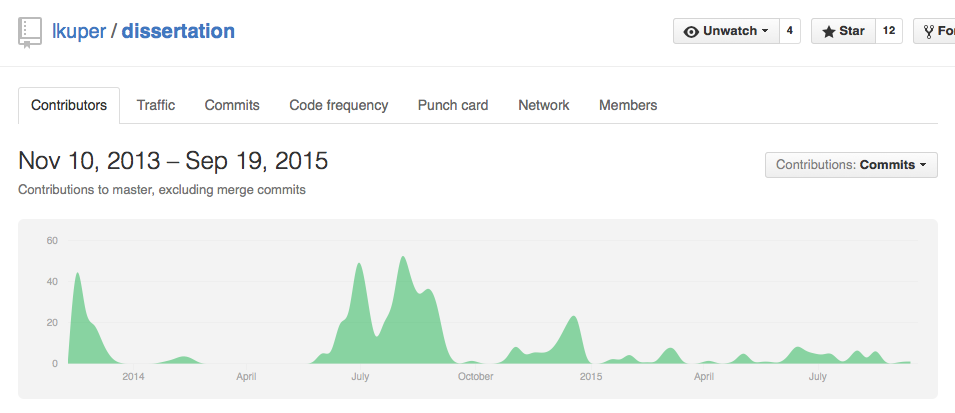I finally finished my dissertation!

Last September, after defending my dissertation, I breezily predicted that I would finish writing and turn it in “sometime in the next couple of months”. A year later, I’m happy and relieved to announce that I’ve finally finished the thing! My official graduation date is September 30.1
The final version, as promised, is illustrated with drawings by my friend Jason Reed. As I wrote in the acknowledgements, “My hope is that they’ll make the pages a bit more inviting and offer some comic relief to the frustrated student. They’ve certainly done that for me.”
*so* *cute* pic.twitter.com/IAunRvW6FI
— Lindsey Kuper (@lindsey) June 22, 2015There are things about my dissertation that I don’t like, and I’m certain that there are still some bugs and infelicities in there that I don’t know about. (If you see any, please don’t tell me about them, at least not for a while.) On the whole, though, I’m happy with it. It’s based on our previously published papers, but, notwithstanding Matt Might’s good advice, I didn’t make it a “staple job”. To provide a common framework for our earlier results, I redid the two LVar calculi and the proofs that go with them. I also updated the discussion of the LVish Haskell library to better match the current implementation. And there’s some other new material lurking in there as well. Although I have no control over what people cite, I’ll be glad if my dissertation ends up being the standard citation for LVars.2
But I’m delighted that my diss is finally done, and I can finally give my full attention to new work, as well as, I hope, the occasional side project!
-
I started grad school in fall 2008, coincidentally part of the same cohort as Chris Martens and Jean Yang (not that I had met either of them yet!) – and now, here we all are, with dissertations dated the same month. It’s funny how it all worked out. ↩
-
We also have a paper under submission to the Journal of Functional Programming that’s more or less an abridged version of my diss, but I’m not going to make any predictions about if and when it might appear. (I sympathize with whoever gets suckered into reviewing it; it’s so long that I had to check whether a longer paper has ever appeared in JFP, and the answer was yes, but not by much.) ↩

Comments